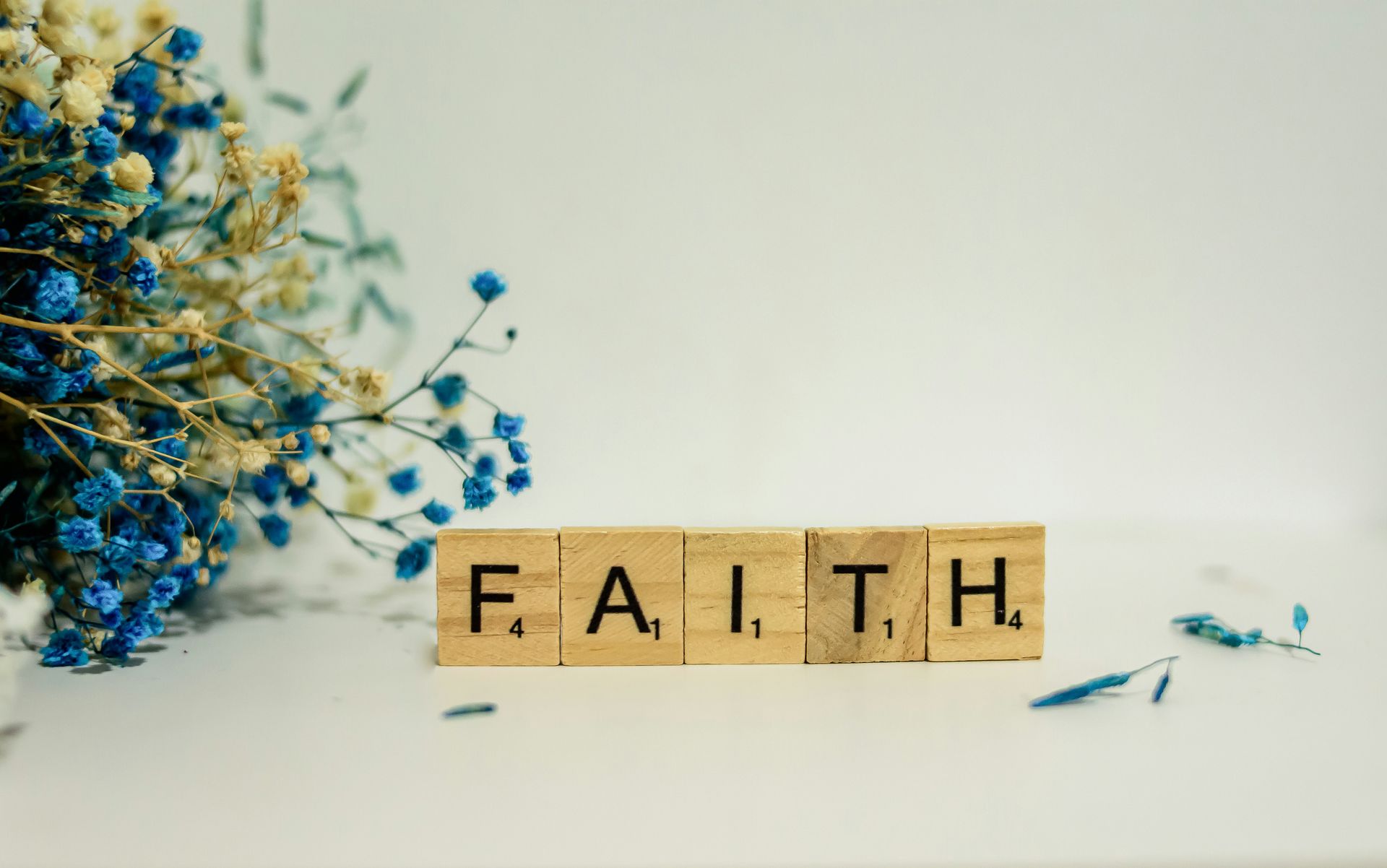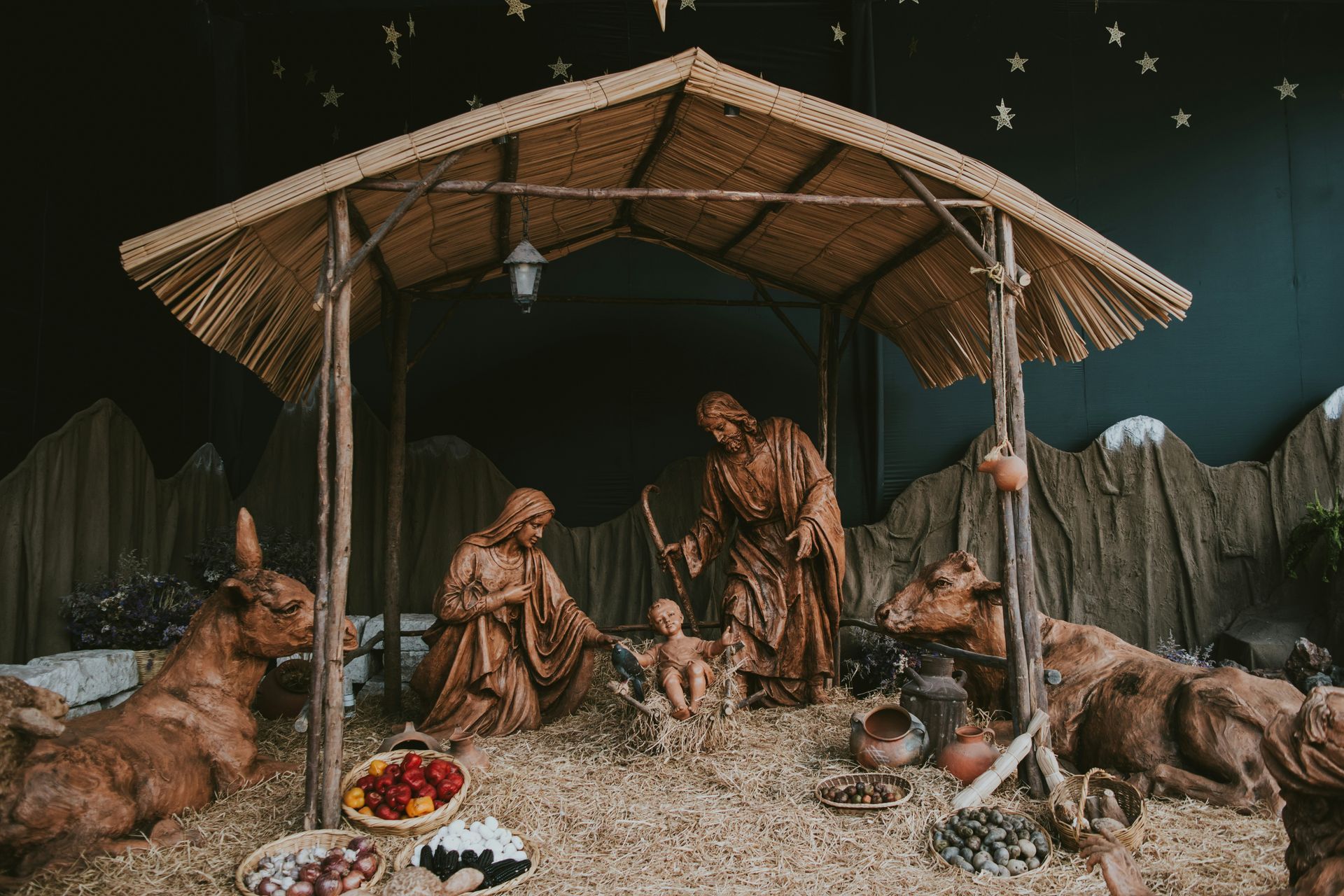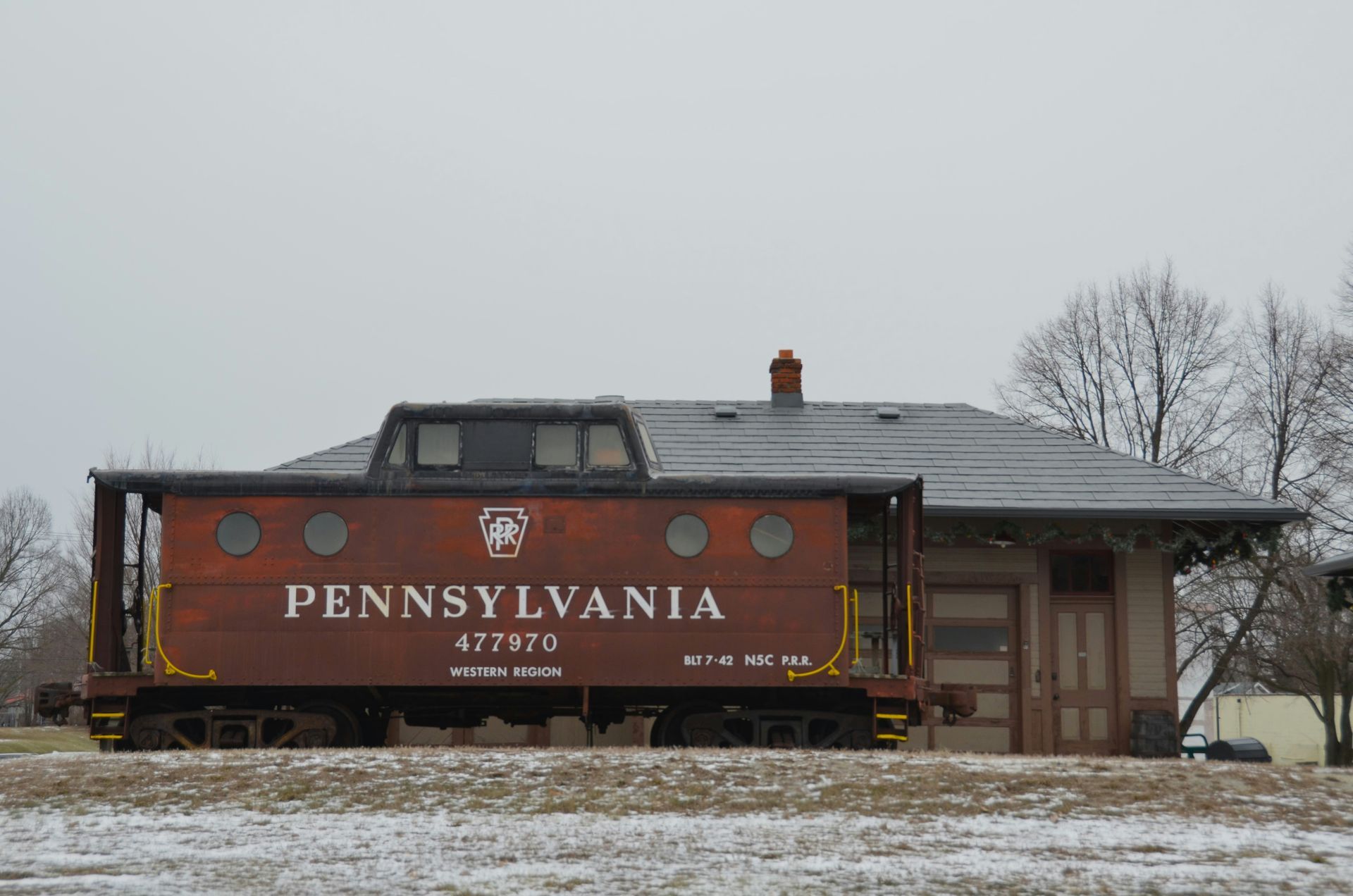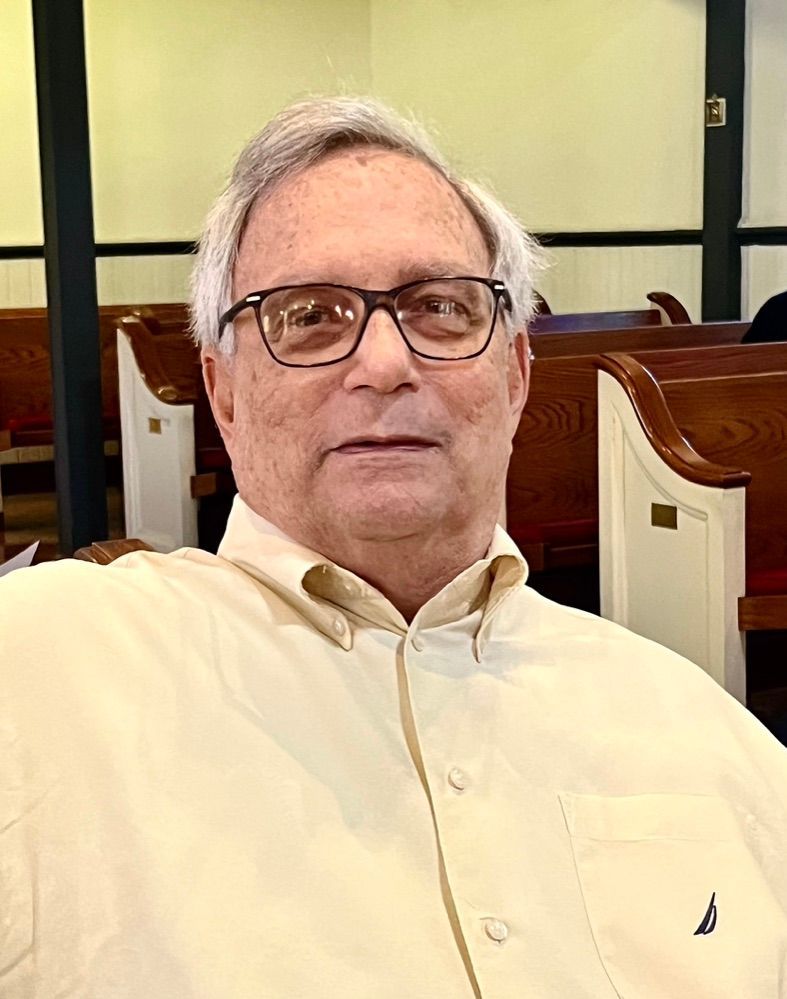When Faith is Difficult
WHEN FAITH IS DIFFICULT
By John Santosuosso
"I beg your pardon, I never promised you a rose garden."
Song by Lynne Anderson
"Grace is free, but it is never cheap."
John Santosuosso
"My God, my God, why have you forsaken me?"
Mark 15:34
In the twenty-fifth chapter of Matthew, Jesus very clearly indicates he prefers action over beliefs. However we should not be too quick to abandon St. Paul and his emphasis on faith. Often what we believe determines how we act. Faith and act can walk hand in hand. When things are going well, faith may not be too difficult. God may seem very close and ready to provide plenty of "showers of blessing." But there is a problem.
Things, even for the most fortunate, are not always going well. For the less fortunate it might seem that everything including the "kitchen sink" is coming their way. Now faith can become much more difficult to find. After all, believing in something that you cannot see, hear, or touch is a serious challenge. To call out to God when you are in need and sense no response can be faith-shattering indeed. Possibly years later we may discover that we did receive a reply. However, the night might seem very dark and long before that discovery.
I wonder if many recent high school graduates coming out of our churches have an initial serious crisis of faith when they for the first time leave home and go off to the university campus. I recall in high school Youth Fellowship singing songs like "Everyday with Jesus is Sweeter Than the Day Before," and "Are We Downhearted, No, No, No." Even at that young age I knew those songs were useless for helping us prepare for the road ahead. The real world obviously is filled with some days that are neither sweet nor free of depression.
Episcopal priest and author Barbara Brown Taylor taught comparative religions at Piedmont College in rural Georgia in the heart of the Bible belt. She writes that during her twenty years there the school never had difficulty in obtaining the maximum possible enrollment for Religion 101. She said students flocked to the class because they were hungry to ask the questions they were afraid to ask at church or home. Some had even been encouraged by their family to not enroll for fear they would lose their faith. Sadly, we forget that often honest doubt is the mother of belief. There is a tremendous task awaiting us to teach our young how to learn from the Bible (and other sources) rather than trying to "defend" the Bible. Until we understand how to do that some of our young are going to be joining the Church Alumni Association rather than the local congregation.
Of course the "crisis of faith" takes many other forms as well. A few years ago I was fortunate to be able to visit with one of my closest childhood friends. We discussed numerous things, especially trains. We had chased after them many years ago, and he went on to be a professional expert on transportation needs. His life had been a good one, with probably far fewer potholes than many people encounter. That all came crashing down when his wife got a cancer diagnosis. He prayed, he hoped, he looked for "Mr. Fix-It God" to come to their rescue. However, "Mr. Fix-It God" never arrived, and he found himself a widower. It brought on a crisis of faith. Although I do not know exactly how, he was eventually able to overcome this, but it did change dramatically his understanding of God, and how God acts in this world.
There is no quick easy solution to the "faith crisis," but there are probably some things we can do that will help us deal with it. First of all, like many other things of value, a sustaining faith takes time to build, time for it to put down roots that will not be easily upended when a storm arrives. It has been said there are no atheists in foxholes. I doubt that is true, but even if it were, I think "foxhole conversions" are of little value. They have no roots. Are we seeking to build faith now so that it can provide a firm foundation for storms that may come later?
A good place to start in dealing with this problem is to admit we do go through times when we find faith difficult to sustain. It is a universal experience. Walking in faith is a walk in ambiguity. Sometimes it is easy. Sometimes it is very difficult. Even Jesus had times when he felt abandoned and alone. A temporary lack of faith need never be replaced by a load of guilt.
Dr. Joan Borysenko has written that no matter how dark the moment never give up in walking toward the light, no matter how dim it may be. There is a tremendous ability for the mind to heal and to restore our faith as it does. As Barbara Brown Taylor puts it, we need to learn to walk in the dark.
Just how we do that may not be easy and will vary from person to person, but it can be done. Viktor Frankl in his classic "Man's Search for Meaning" relates his time spent in a World War II Nazi concentration camp. He discovered the difference between those who managed to survive the horrors of the place with those that did not. The survivors had one thing in common. They found something that gave them a sense of purpose. So it is with faith. If we have purpose we will find faith.








